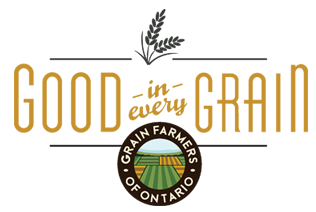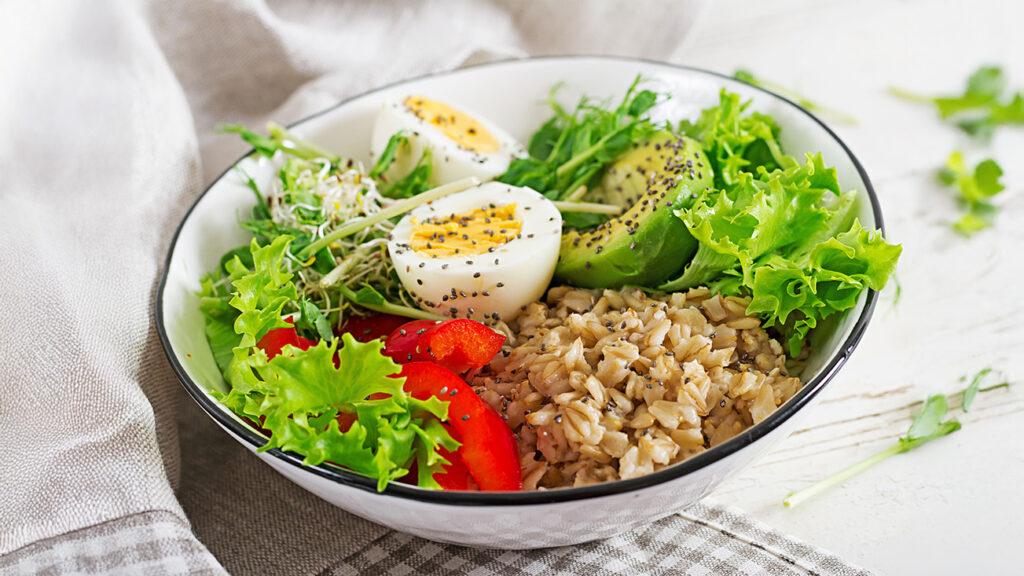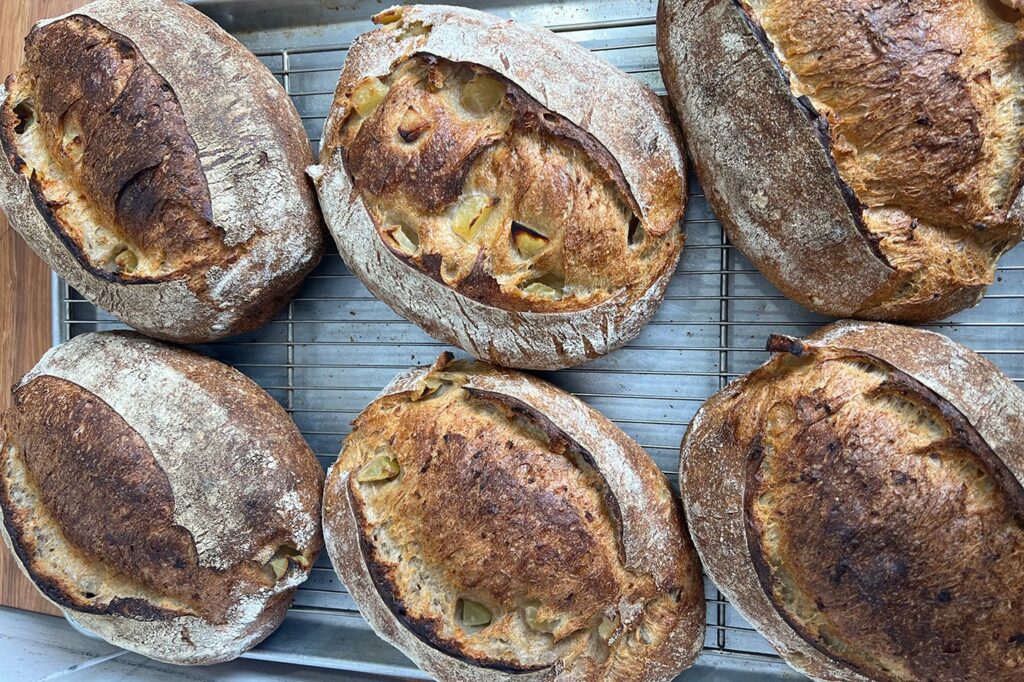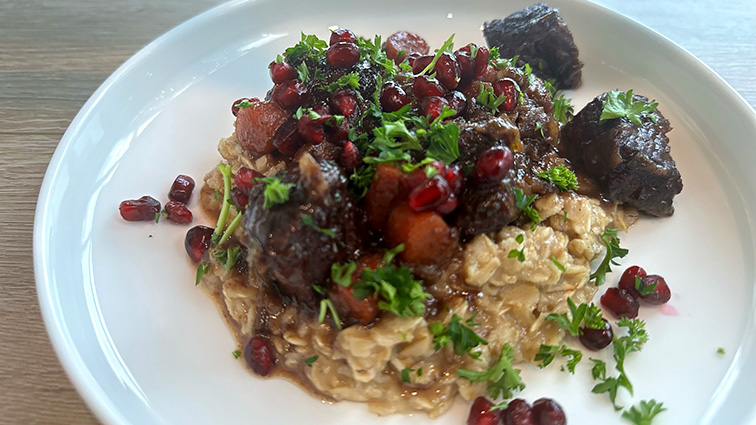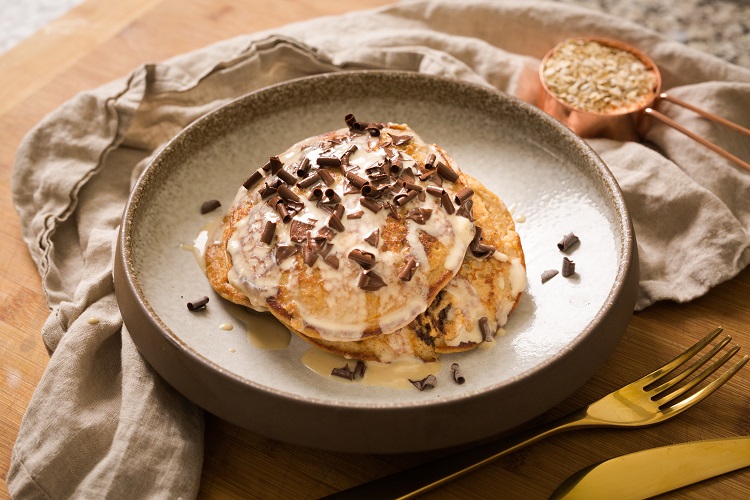Gluten free oats
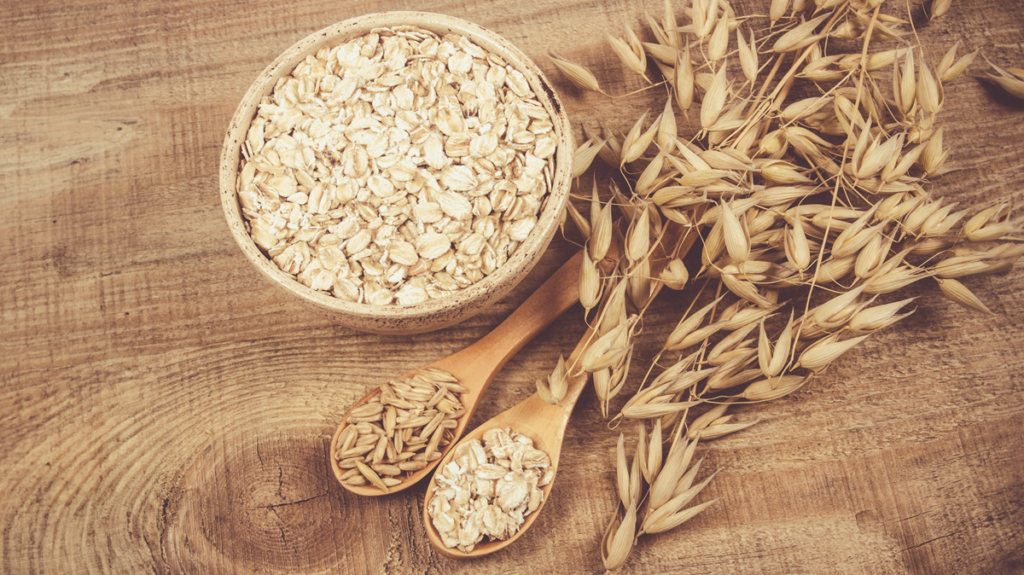
A common question we hear when discussing food and healthy eating is gluten. We have written about gluten before on the Good in Every Grain blog, but one question that keeps coming up is gluten free grains – specifically oats.
But first, what is gluten?
As a refresher, gluten is a great source of antioxidants and fiber, as well as provides a variety of vitamins and minerals such as: magnesium, iron, vitamin E, and more. It can play an essential role in a healthy and balanced diet.
Wheat and barley are two grains that naturally contain gluten, whereas corn, oats and soybeans are naturally gluten free.
Consumers who have Celiac Disease need to be particularly aware when food shopping to ensure all products they are consuming are free of gluten, and are produced and packaged in a gluten free facility.
You may have noticed that a lot of oat-based products like granola bars or oatmeal are labelled as gluten-free. Labels can be important to help us understand what we are eating, and a lot of oat products are labelled as gluten free- even though they naturally contain zero gluten.
Oats are an ancient grain that are great for your heart! Because they do not contain gluten protein naturally, they are a great option for those who are looking to incorporate grains into their diet, but have to stay clear of products containing wheat or barley.
Why would oats need a gluten free label if they naturally contain no gluten?
It has to do with processing.
There are some requirements that must be met when processing and packaging oat products to certify that they are 100 per cent gluten free- and can be labelled as such for the safety of those that need to avoid gluten.
To ensure no cross-contamination occurs, and to ensure they are gluten-free, oats need to grow in a field on their own. This means they cannot be mixed with another grain in the fields – for instance, you cannot have planted a barley and oats together. Following harvest, the oats are transported to a processing facility where they are processed into a variety of products. Whether the oats are being used for products such as: rolled oats used for baking, granola bars, or oatmeal, the facility must not produce or package products made from wheat or barley. These are considered gluten-free facilities much like the nut-free facilities for chocolate bars.
Cross-contamination from a gluten containing product to a gluten-free product can happen fast and easily. Simply cutting two different pieces of bread on the same cutting board, can be enough to transmit gluten, and can cause digestive issues in those who have Celiac Disease.
This is why the best way to guarantee that the oats that are being consumed are free of gluten is to look for the gluten-free label or ensure they are processed in a gluten-free facility.
Ontario oats are a healthy and delicious grain to incorporate into your diet, and are great for your health! Check out some of our recipes that feature oats here:
Did you know: Oats are also a great alternative for those with a wheat allergy, which is a reaction directly to wheat, instead of the gluten protein!
Did you know: Oat beverage is a sweet, fun addition to add into your coffee or smoothies!
